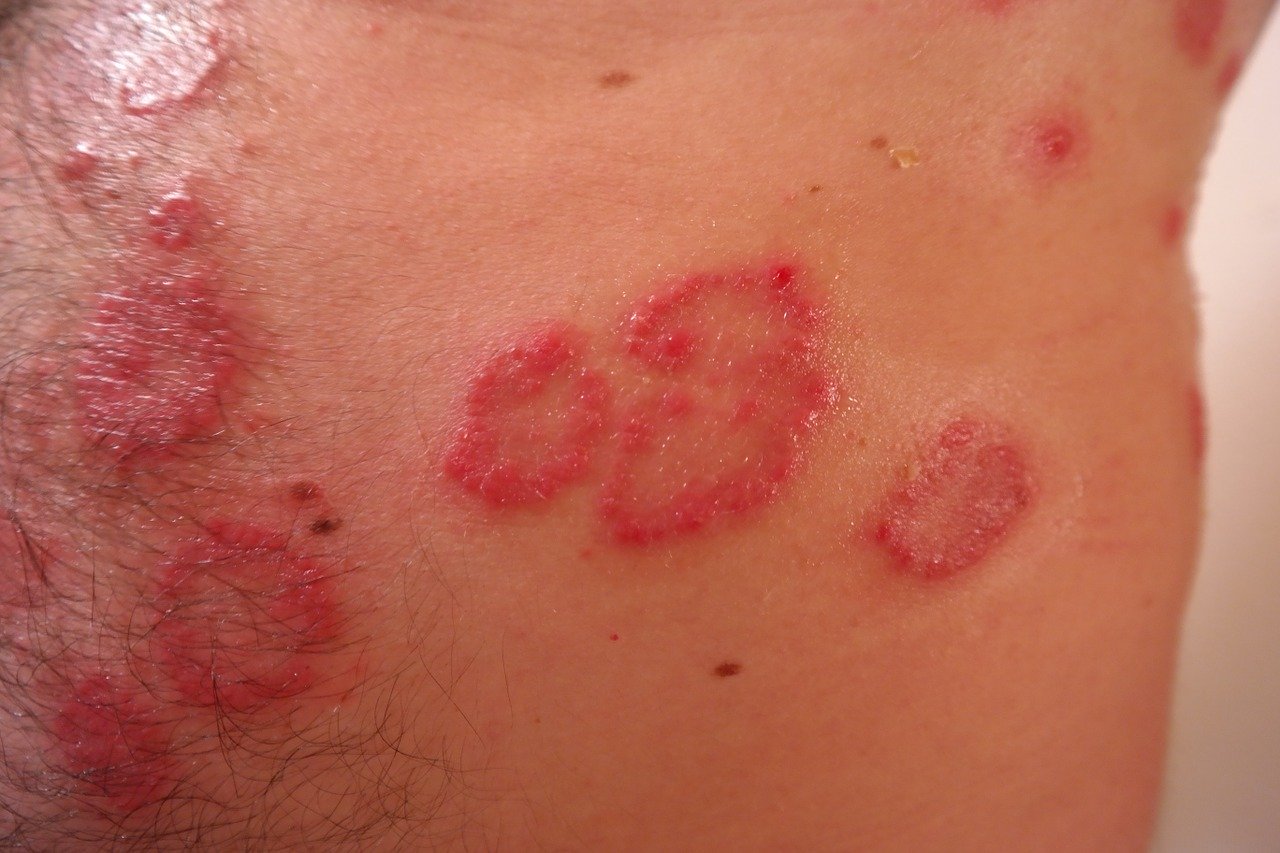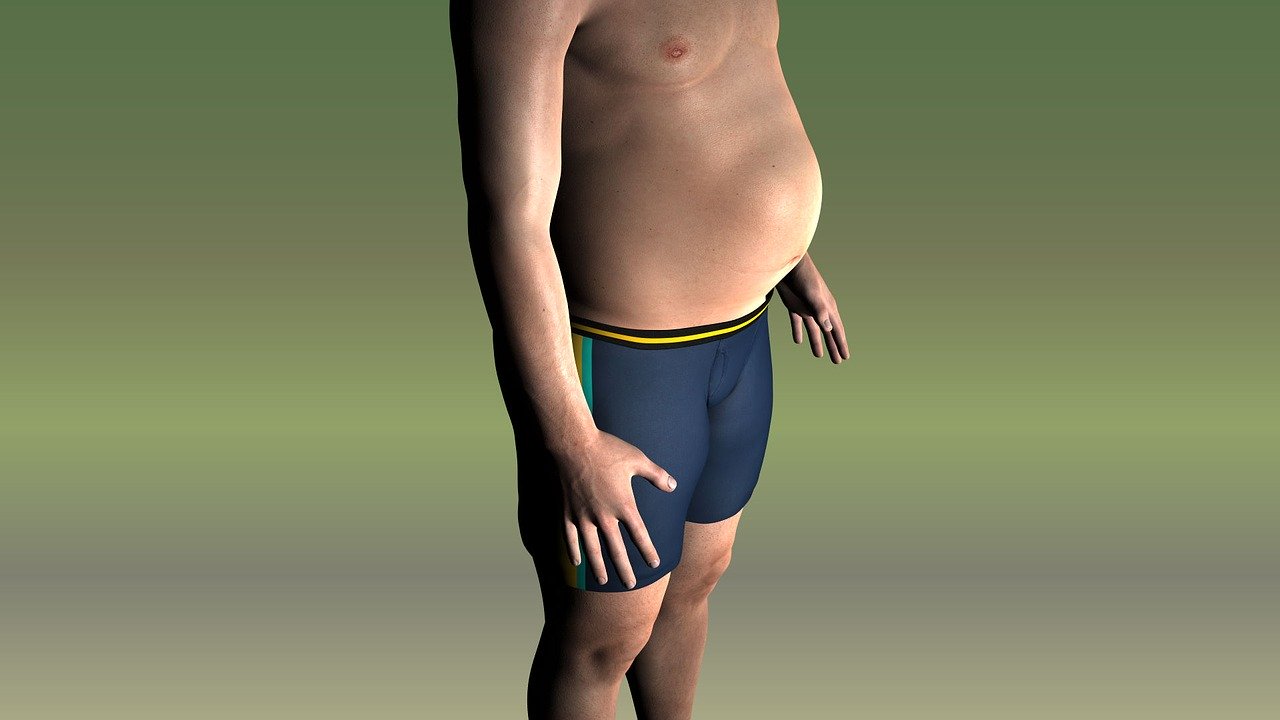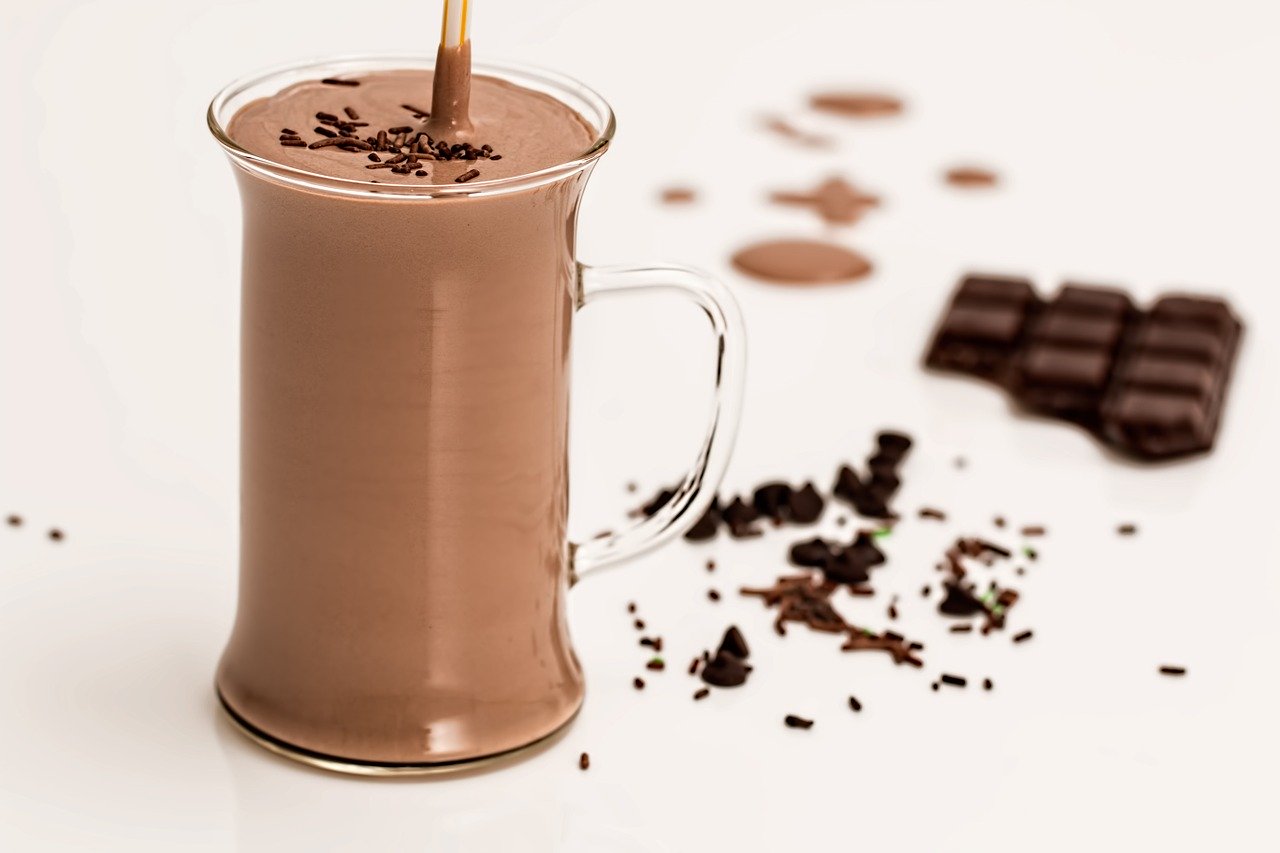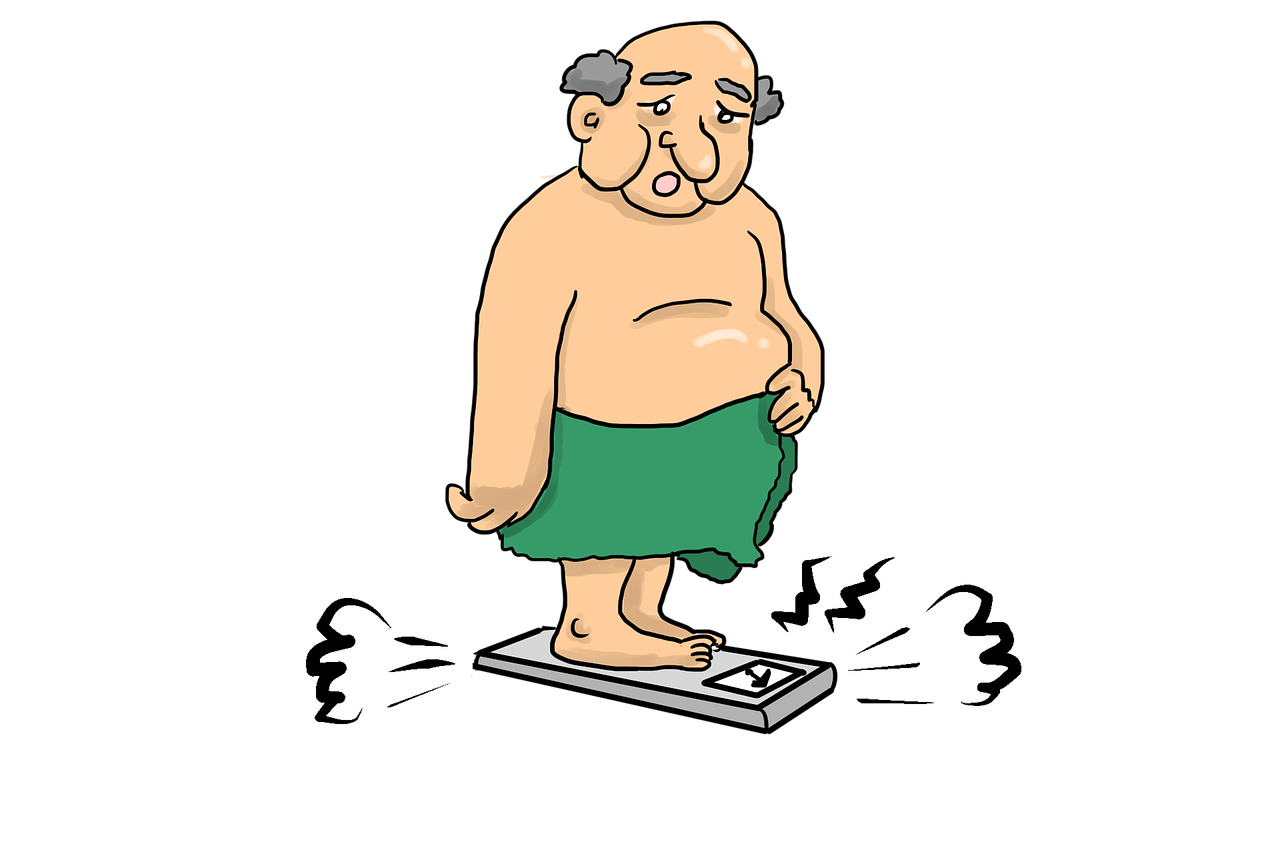In July 2018 researchers from France published the results of their study to assess the effect of a 2-year diet that excluded six refined foodstuffs, ie margarine, vegetable oils, butter, … Read more
In individuals with hypertension, the greatest reduction in blood pressure levels was seen in those who practiced yoga, followed by Zumba dance and finally aerobics
In February 2020 researchers from India published the results of their study to assess the effectiveness of yoga, Zumba dance, and aerobic exercises in controlling blood pressure levels in Indian … Read more
A sleep duration of over 10 hours/night appears to be associated with lower BMI scores in children
In February 2019 researchers from Germany published the results of their study to assess the association between sleep duration and physical activity and overweight/obesity in German primary school children. A … Read more
Scientists, public health practitioners and parents need to better understand the content of their child’s screen time, how they use screens to fulfill specific needs, and how their interaction with screens has an impact on their health and choices
In May 2020 researchers from the USA published their review on the association of extended television viewing with obesity in adolescents. The researchers stated that on a global basis, adolescent … Read more
Scientists, public health practitioners and parents need to better understand the content of their child’s screen time, how they use screens to fulfill specific needs, and how their interaction with screens has an impact on their health and choices
In May 2020 researchers from the USA published their review on the association of extended television viewing with obesity in adolescents. The researchers stated that on a global basis, adolescent … Read more
A life filled with worthwhile activities may promote well-being and healthy aging in the older individual
In January 2019 researchers from the UK published the results of their study to assess the wider implications of feeling that the things undertaken in one’s life are worthwhile. A … Read more
Environmental factors as well as the gut microbiota may strongly influence the development of psoriasis and its progression
In March 2020 researchers from Italy, USA and Serbia published their review on the interactions between the skin, microbiome, gut microbiota and psoriasis. The researchers stated that psoriasis is alternatively … Read more
Maternal healthy eating patterns during the period surrounding pregnancy do not appear to be independently associated with offspring overweight risk at ages 12-23 years
In March 2020 researchers from the USA, Germany and Austria published the results of their study to assess whether maternal diet quality during the period surrounding pregnancy is related to … Read more
Adults genetically at risk of developing hypertension who take vitamin B2 (riboflavin) supplementation may reduce their systolic blood pressure by up to 13 mmHg, which could be clinically important seeing that a 10 mmHg reduction in systolic blood pressure is estimated to decrease the risk of stroke by 40%
In April 2020 researchers from the UK published their review to assess the association between nutrition and risk of hypertension. Hypertension contributes to over 9 million deaths per annum, mainly … Read more
An aggressive weight loss programme in overweight/obese individuals with chronic plaque psoriasis may significantly reduce the area of body surface involved and itch severity with a resultant improvement in the quality of life
In February 2020 researchers from Italy published the results of their study to assess the effectiveness of an aggressive weight-loss programme in overweight/obese individuals with chronic plaque psoriasis. A total … Read more
White grape juice appears to reduce BMI, waist and abdominal measurements and increase HDL(good)-cholesterol levels in adult women, which may help reduce the risk of cardiovascular disease
In January 2019 researchers from Brazil published the results of their study to assess the effect of white grape juice supplementation on body mass index, waist and abdominal circumference, blood … Read more
Diet quality may lower breast cancer risk through its positive influence on weight status, as being overweight or obese can significantly increase the risk
In April 2020 researchers from the USA assessed the association between diet quality scores and risk of breast cancer. Dietary information was collected via a food frequency questionnaire and scores … Read more
Whilst a higher BMI, poor gum health and speech difficulties related to dental problems appear to result in more severe symptoms of psoriasis, those individuals who consume fresh fruit at least once a day appear to experience milder symptoms
In July 2019 researchers from the USA published the results of their study to assess the relationship between psoriasis and a combination of factors that included dietary habits, oral health, … Read more
The minimum effective intake of egg white protein in a lactic-fermented egg white supplement to reduce abdominal fat appears to be 8 g
In April 2019 researchers from Japan published the results of their study to assess the minimum effective intake of egg white protein in lactic-fermented egg white supplementation for reducing abdominal … Read more
Despite a high fat content, individuals consuming a meal replacement had no change in body composition or a worsening of lipids, but there was an increased feeling of fullness which may be beneficial for controlling afternoon cravings
In April 2019 researchers from the USA published the results of their study to assess the effect of replacing breakfast with a high-fat drink on fat mass, lean mass, percentage … Read more
Herbs and spices appear to have antioxidant, anti-microbial, and anti-inflammatory properties and they may in addition reduce the risk of developing chronic diseases, eg cardiovascular disease, neurodegenerative conditions, chronic inflammation, arthritis, cancer, obesity and diabetes type 2
In May 2019 researchers from Canada published their review of the medical scientific literature to identify and assess specific biomarkers in 25 herbs and spices, namely anise, basil, black pepper, … Read more
Adding 6 g spice blend (basil, bay leaf, black pepper, cinnamon, coriander, cumin, ginger, oregano, parsley, red pepper, rosemary, thyme, and turmeric) to a high-saturated-fat, high-carbohydrate meal reduced the postprandial effect of the meal regarding the secretion of the inflammatory cytokine, IL-1β, in overweight/obese men
In March 2020 researchers from the USA published the results of their study to assess the postprandial effect of a blend of spices in a high-saturated-fat, high-carbohydrate meal on inflammatory … Read more
A higher BMI is associated with an increased incidence of hypertension, diabetes, dyslipidemia, and hyperuricemia both in Japan and the USA, although the BMI level at which the incidence of these medical conditions increased was significantly higher in the USA than in Japan
In August 2018 researchers from Japan and the USA published the results of their study to compare the incidence of hypertension, diabetes, dyslipidemia and hyperuricemia according to BMI in Japanese … Read more
No significant association between dietary patterns in early pregnancy and risk of gestational diabetes was identified although a high protein-low starch diet did appear to reduce the risk in women who were overweight prior to falling pregnant
In November 2018 researchers from Australia, Vietnam and China published the results of their study to assess the association between dietary patterns during early pregnancy and the risk of gestational … Read more
Omega-3 and vitamin E supplementation taken together appears to significantly reduce triglyceride and LDL(bad)-cholesterol levels in overweight individuals with metabolic disease, but have no significant effect on the levels of total cholesterol and HDL(good)-cholesterol
In July 2019 researchers from Iran published their review of the medical scientific literature to assess the effect of omega-3 and vitamin E supplementation taken together on total cholesterol, triglycerides, … Read more




















